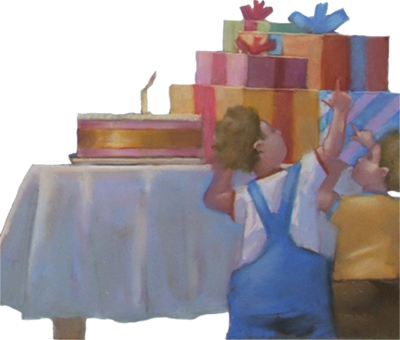I know, I know, salad isn’t a food we usually associate with Thanksgiving. (Stuffing is not salad. Nor is green bean casserole.) But in my reading this week, I came across a quote disagreeing with the concept of America as a melting pot. Instead, “Everyone keeps their different shapes and forms but still contributes something to the salad.” I like that; it’s both more accurate and a better ideal.
I’m still not going to eat salad on Thanksgiving, but we can give thanks for the great Salad Bowl of America, imperfect though it is.
And whence comes that great quote, you ask? From this great City Room post on a unique new college education program in a Connecticut prison. Selected for their essays and academic potential, these incarcerated students take classes from Wesleyan University professors, using the same syllabi and the same standards of grading as are used on Wesleyan’s campus. The classes are the same, but the students bring a much different perspective: a view from inside a justice system with, among other things, much higher rates of incarceration for Blacks and Latinos than for whites.



